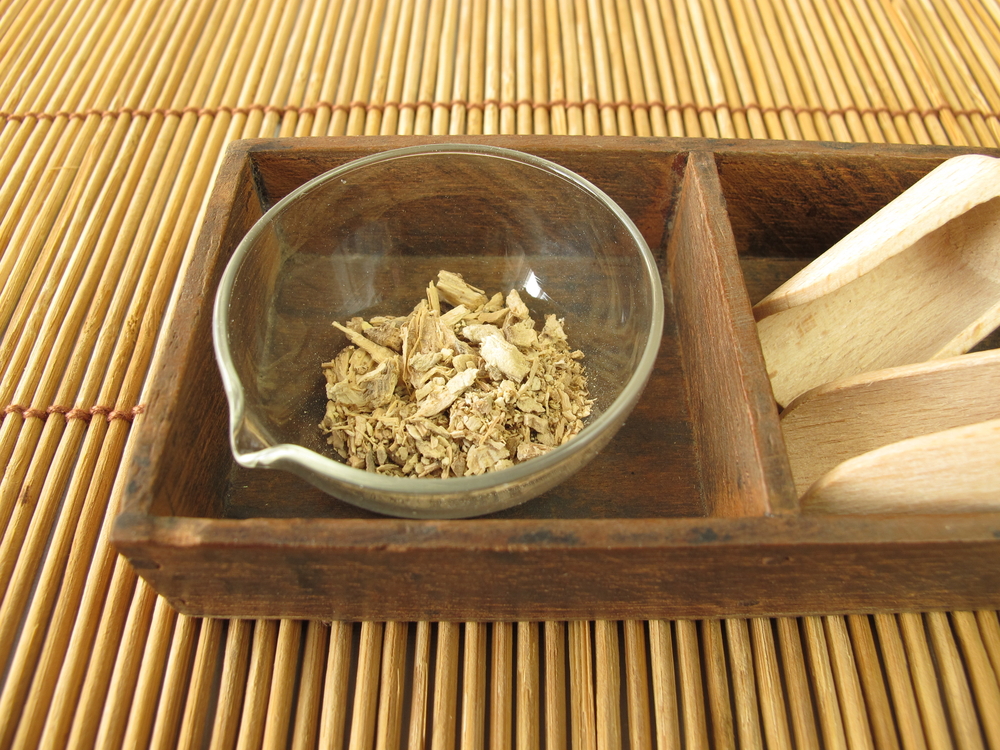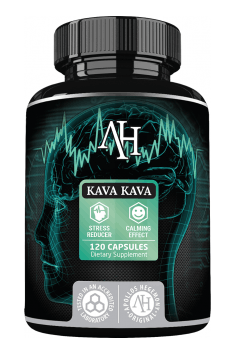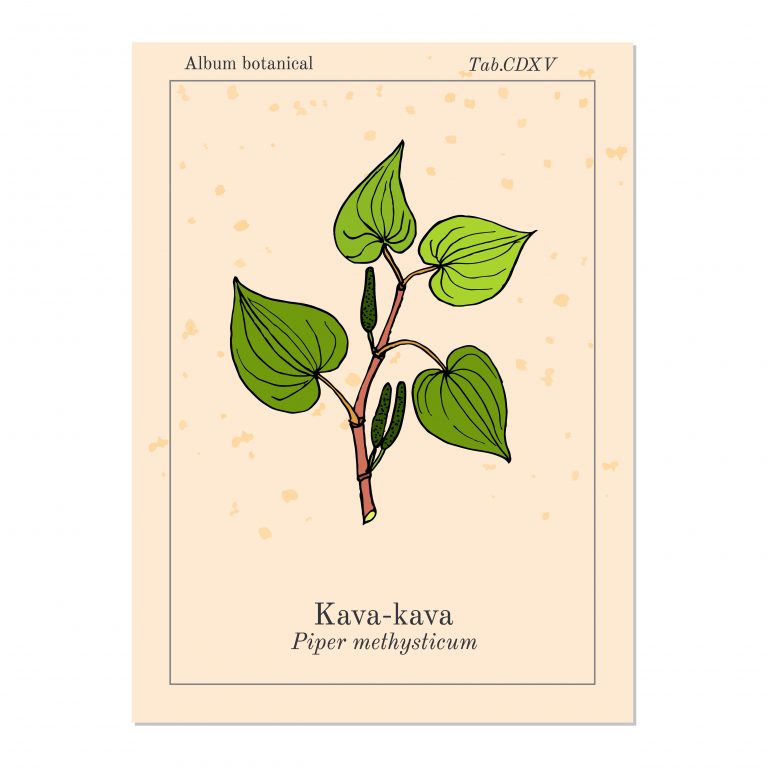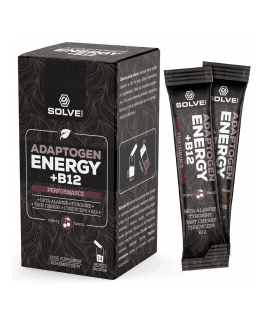Used for hundreds of years as a natural relaxant, kava kava is well known for its anti-anxiety and sedating effects, often compared to feelings of being tipsy on alcohol. Traditionally drank as kava kava tea, this herb is now available in concentrated tablet form to maximise the dosage and calming effects.
Euphoric effects of kava kava
What does kava kava feel like and can it get you high? Once ingested as a ceremonial drink, kava kava is believed to increase sociability while enhancing feelings of calm. If taken at a higher dose however, feelings of euphoria have been reported.
Mild motor impairment and sedative effects may also occur when kava kava is taken at a high dose, and without impacting mental cognition. Keeping this mental focus while feeling extremely relaxed makes this herb very appealing to those who may otherwise feel on edge in certain social situations. Also, unlike other herbs or drugs, kava kava is not addictive.

Anti-anxiety and sleep promoting
The active ingredients in kava kava root are kavalactones, shown to have powerful anti-anxiety and stress reducing effects. They appear to work by increasing the neurotransmitter gamma-aminobutyric acid (GABA) in the brain.
As a more natural alternative to anti-anxiety medication, kava kava has been studied and used as an effective treatment for anxiety disorders and depression, with no observable dependency or related side effects.
With anxiety often hindering falling asleep, kava kava may also be beneficial in promoting a good night’s sleep. The herb is most likely to be effective at inducing sleep in individuals who already have insomnia or anxiety related sleep issues.

Kava kava and liver health
In the last decade or so, kava kava has been in the limelight for its potential intoxicating effects. Although research has been limited, its safety has been questioned resulting in kava kava being banned in Europe and Canada.
Is Kava kava safe or can kava kava cause liver damage? Many cases of liver damage and even a few deaths have been traced back to kava kava consumption, but it’s not so black and white.
It seems that kava kava is well tolerated in the short term when taken for a few weeks at a time, however with long term intake at high dosages, toxic effects on the liver appear to be more likely. The type or quality of the kava kava supplement may actually be to blame in these cases. In its traditional form as tea, this water-based drink with sole use of the plants roots is regarded as an acceptably low level of health risk by the World Health Organisation. In contrast, kava kava extracts with ethanol or use of poor-quality kava kava products may increase risk of liver injury.
The herb may also interact with other medications as the liver enzymes required to break down kava kava are also required to break down other drugs. Over a long period of time, this in theory could result in liver damage.
Choosing high quality kava kava
Many strains of kava kava are grown across the pacific, and those considered as ‘noble’ varieties which are grown organically for at least 5 years are the most desirable.
Tudei variaties of kava kava may be easier and cheaper to grow, however they often contain high concentrations of potentially harmful compounds, suggested to be the key factor in the few cases of liver damage. Laws now exist for growing regions such as Vanatu to strictly regulate the quality for exportation, warning against tudei varieties.







